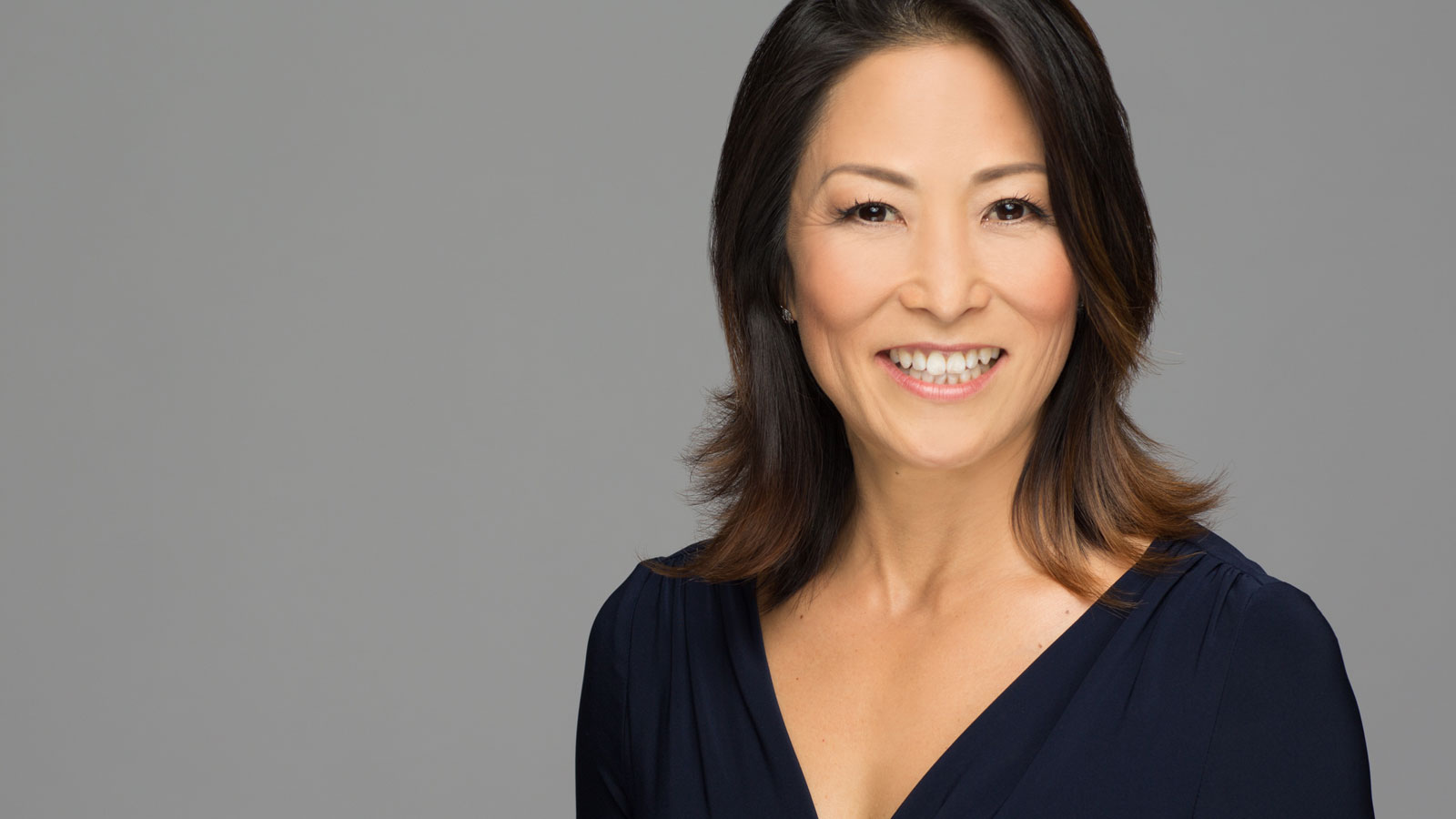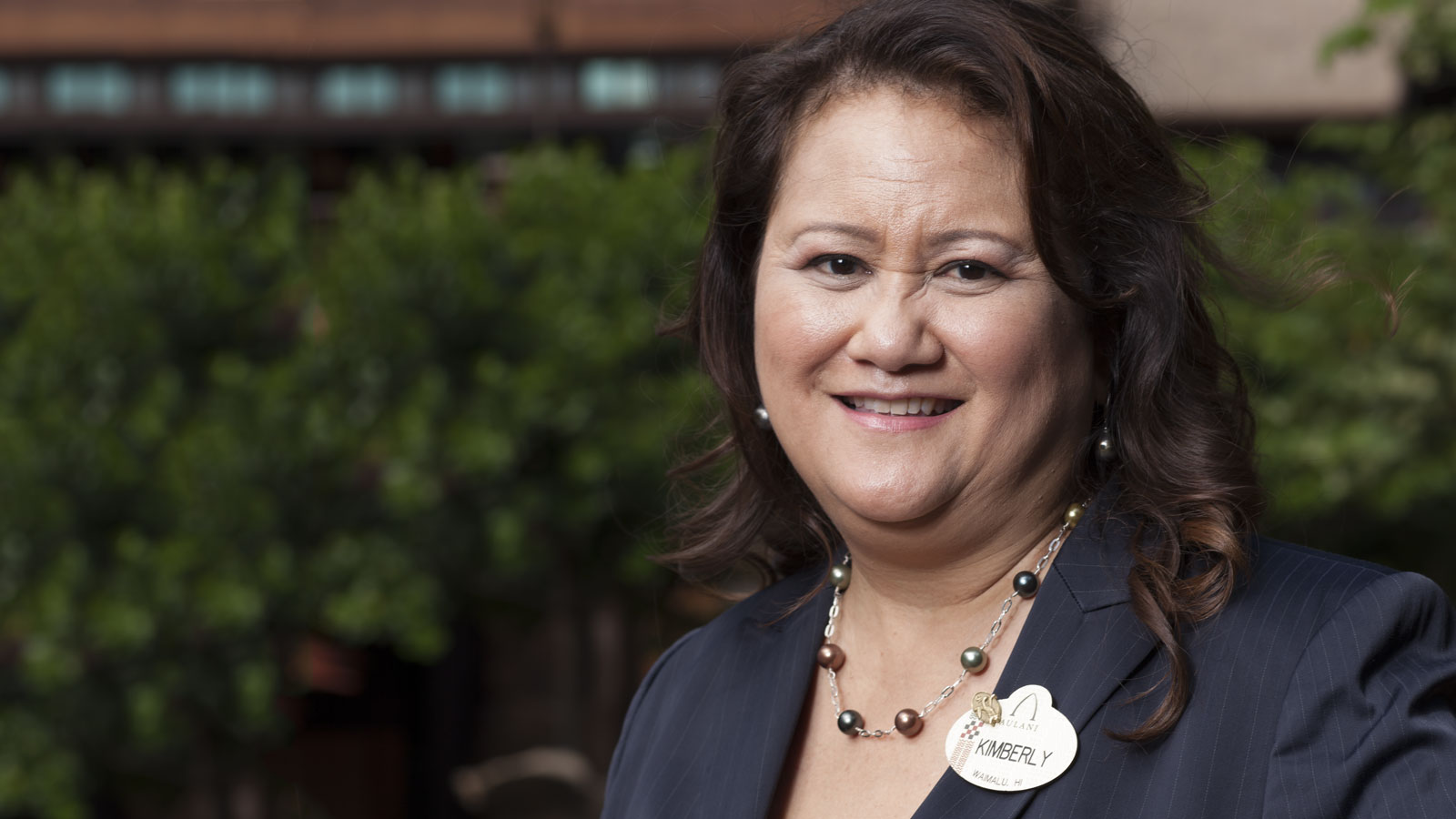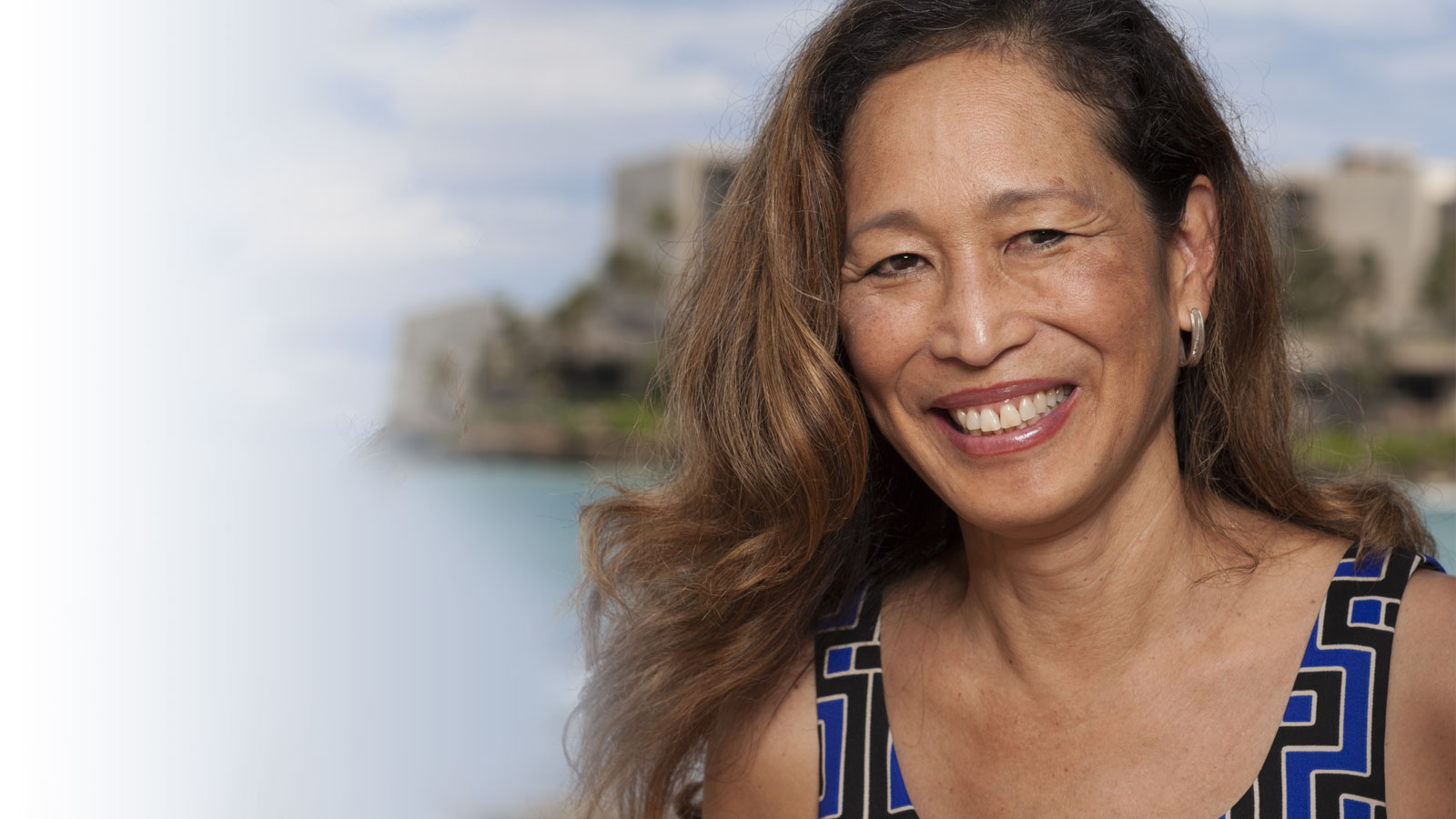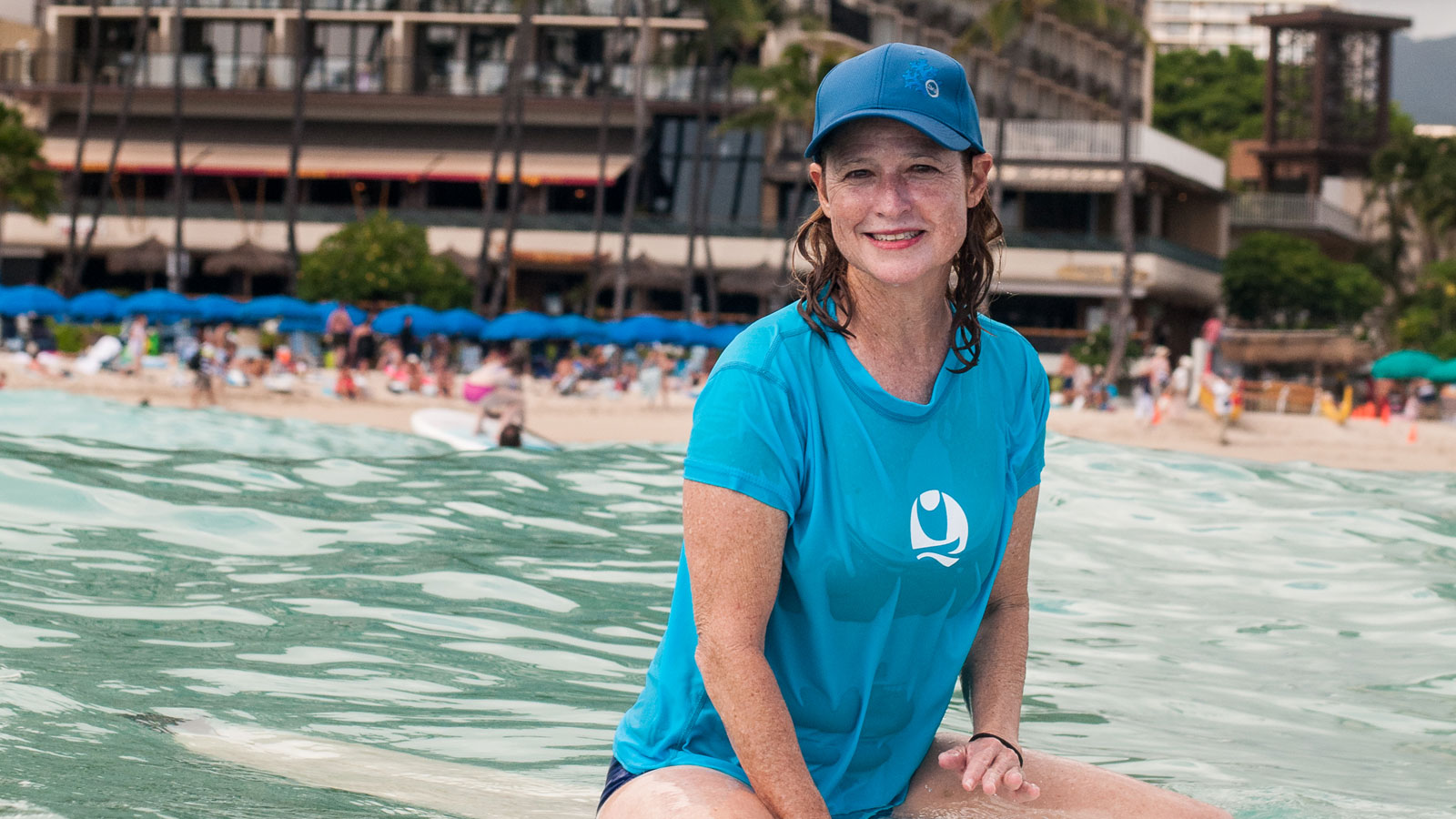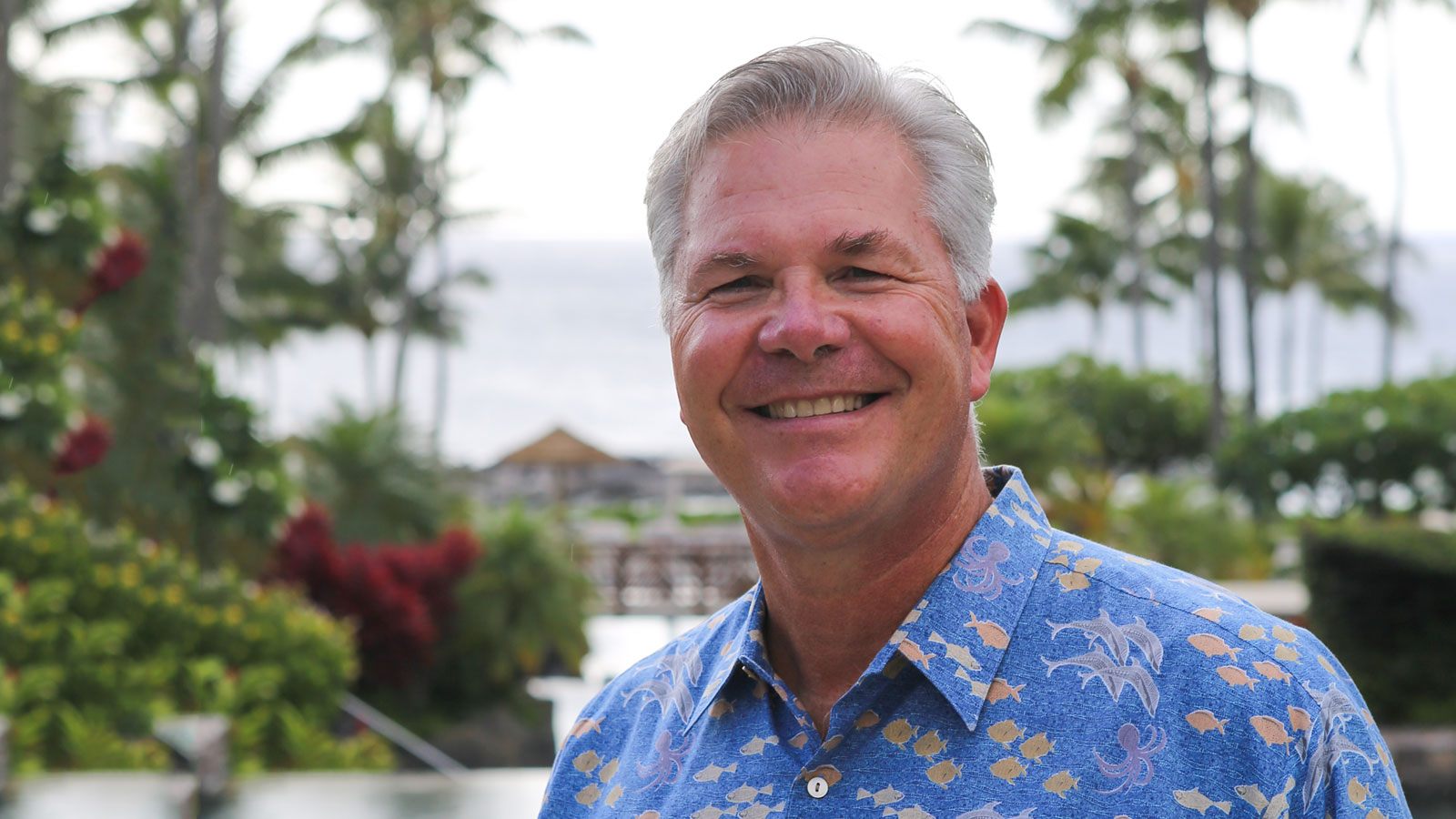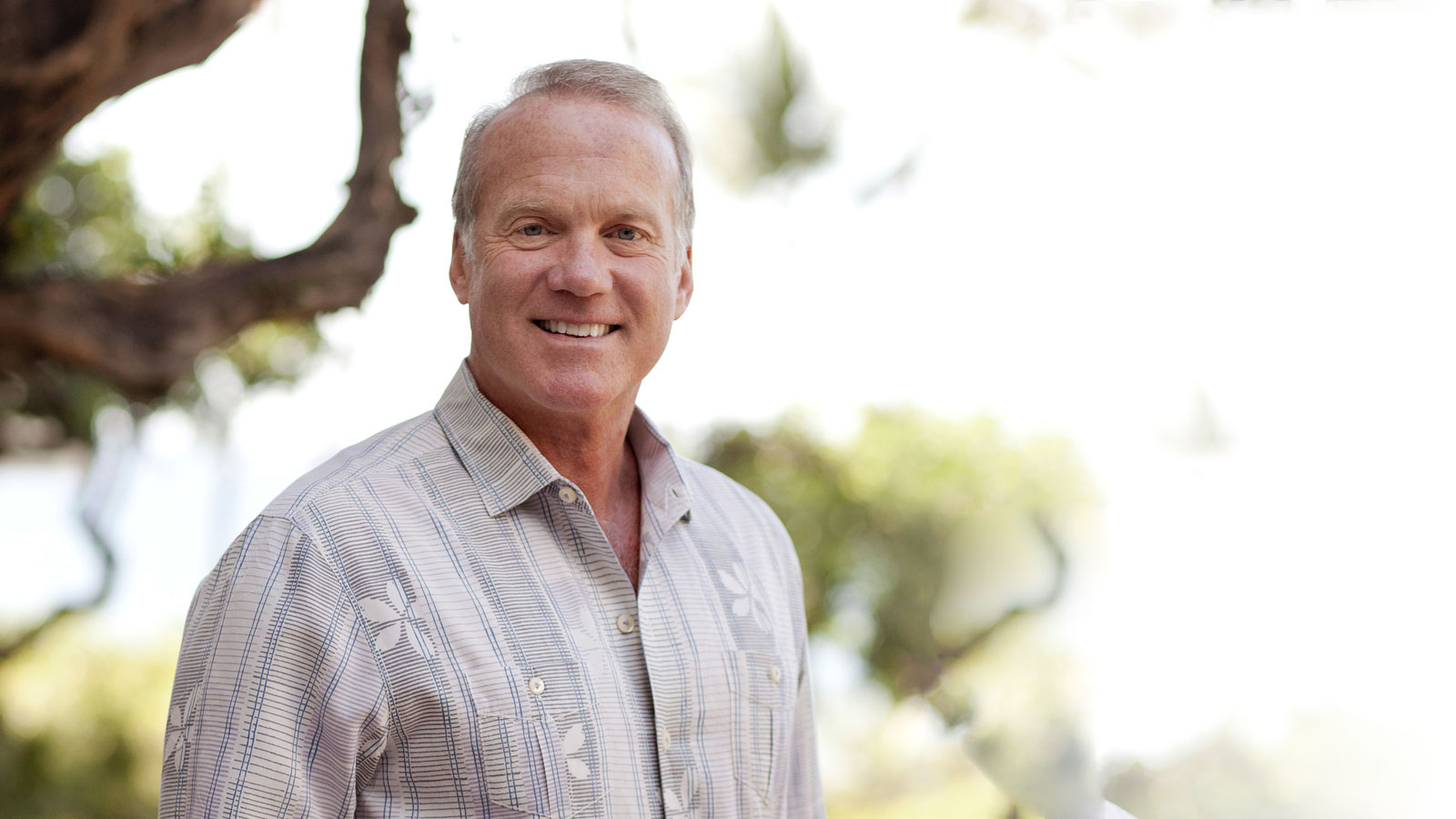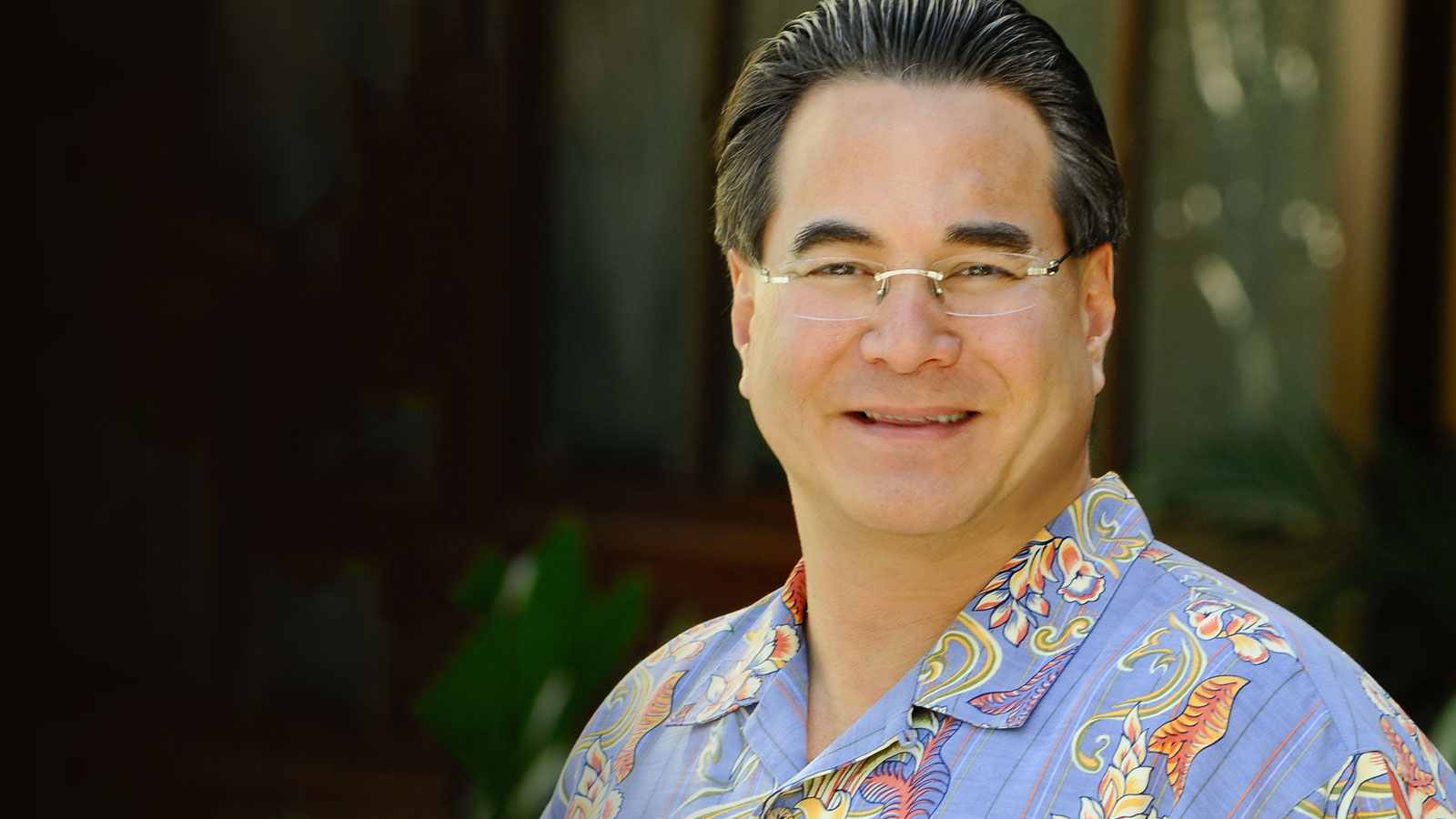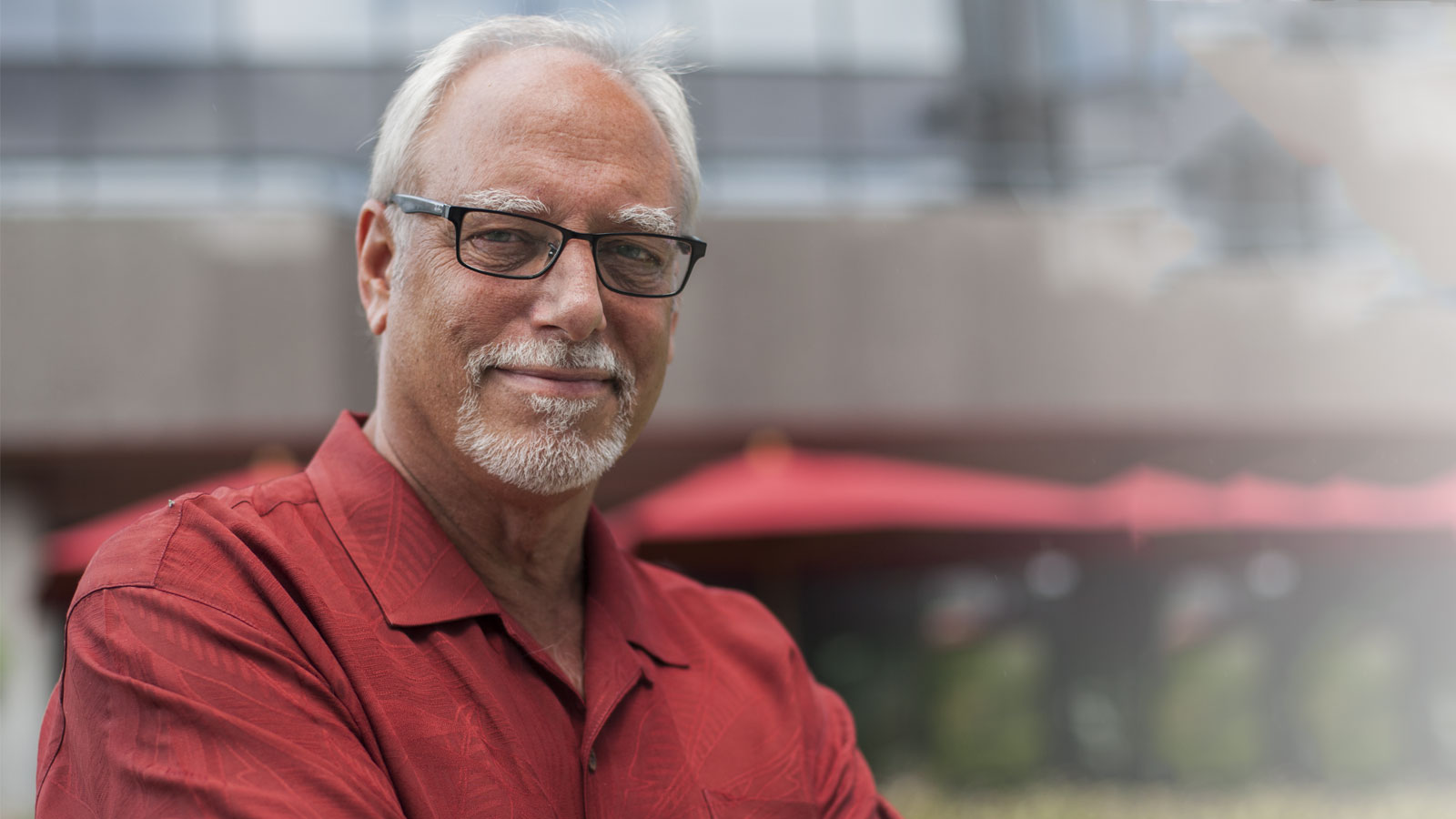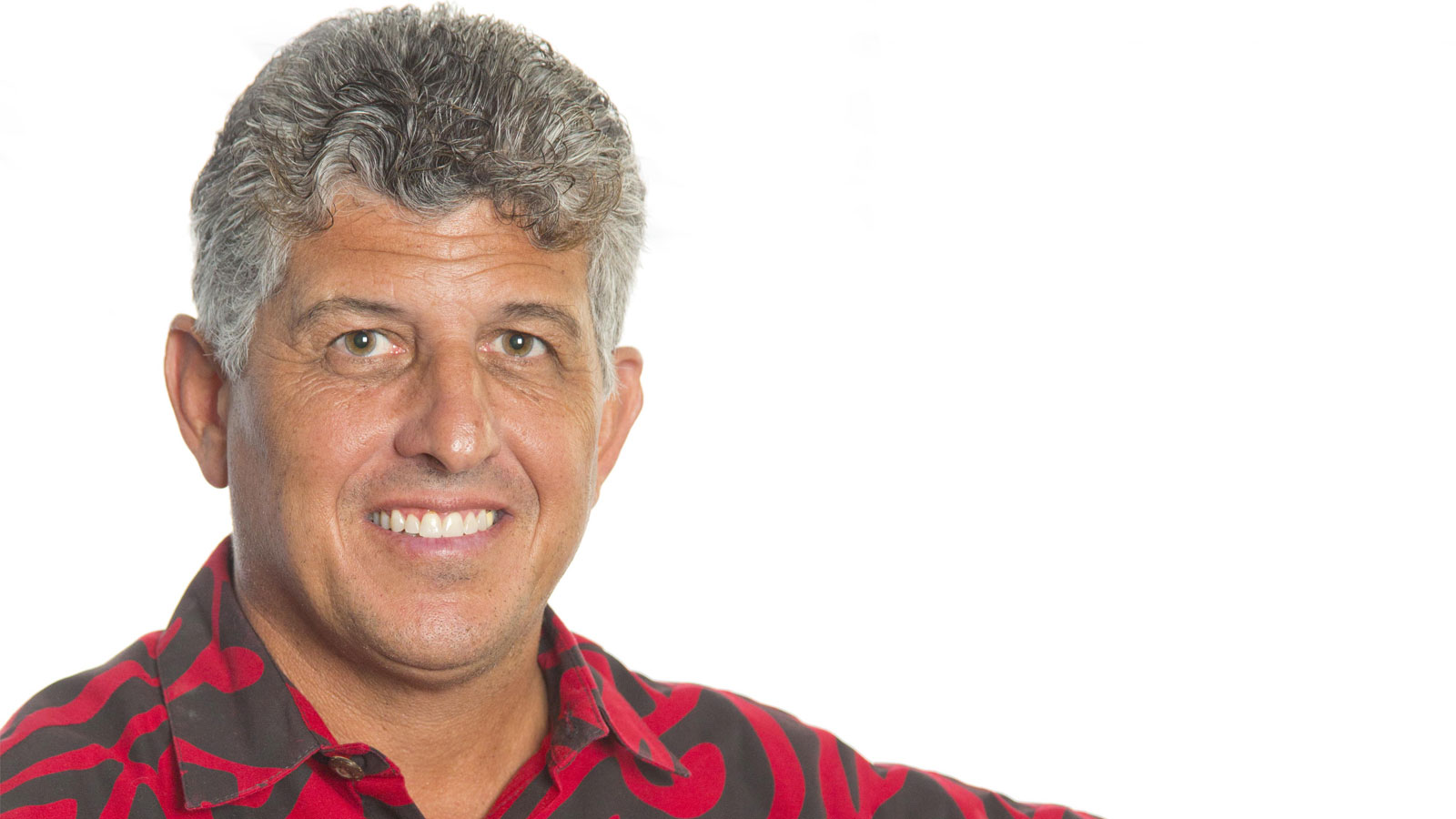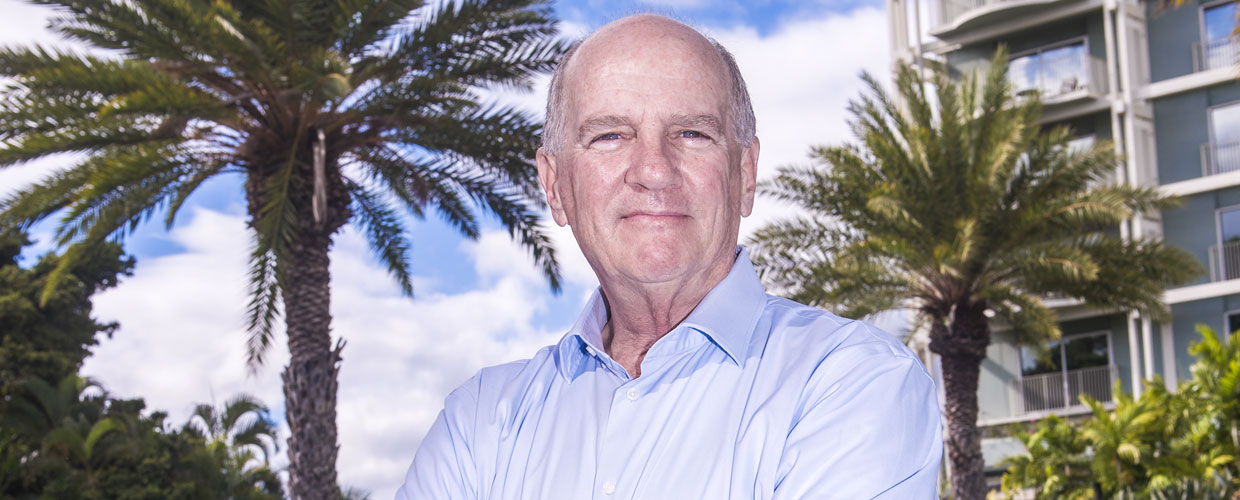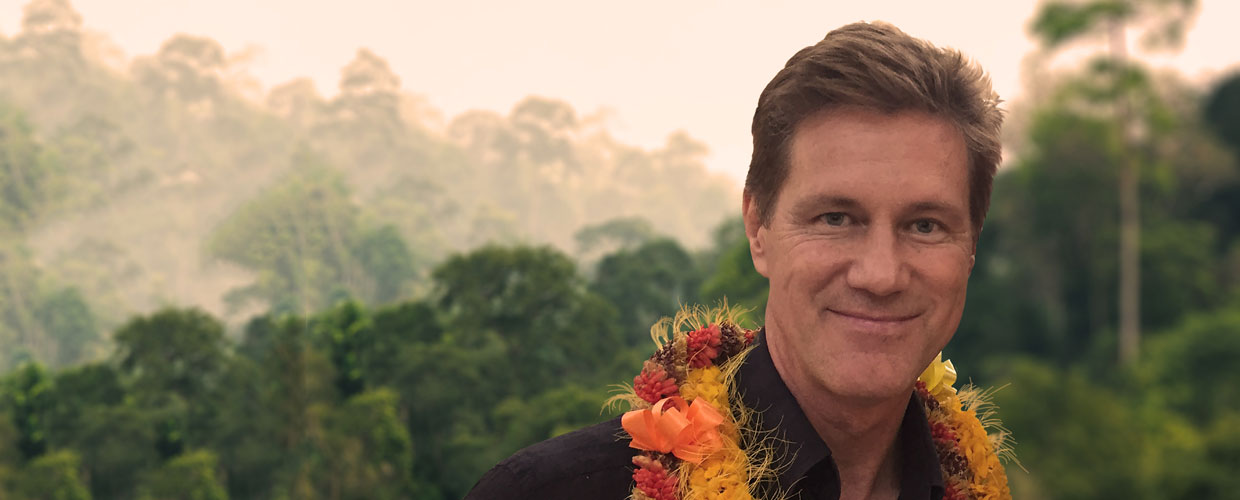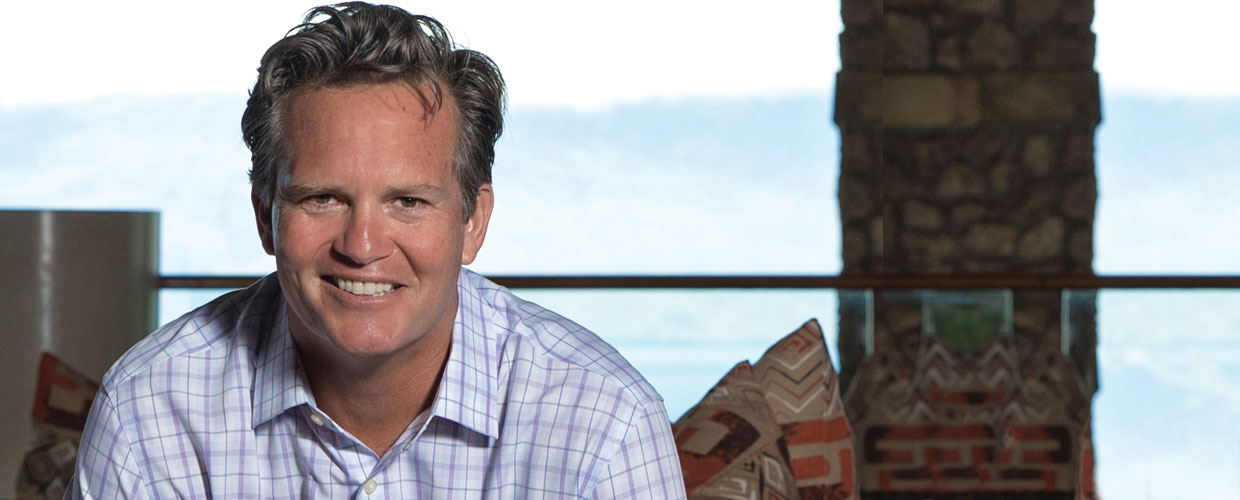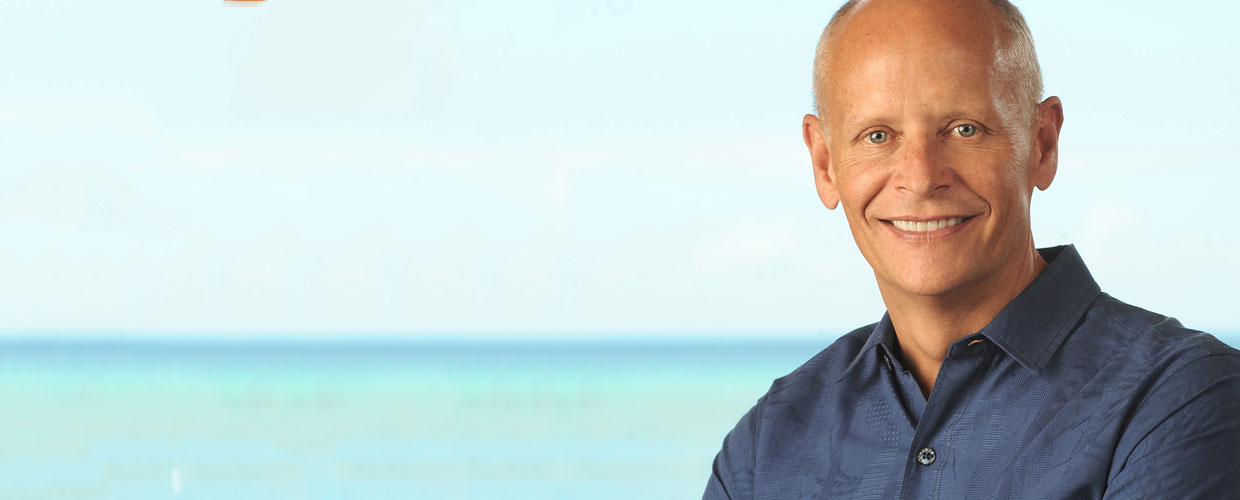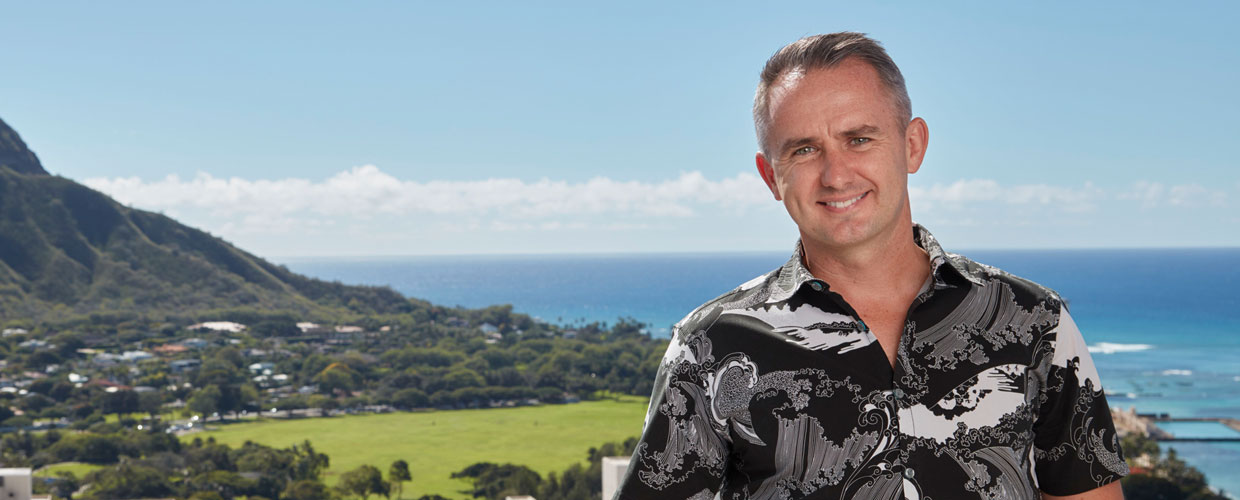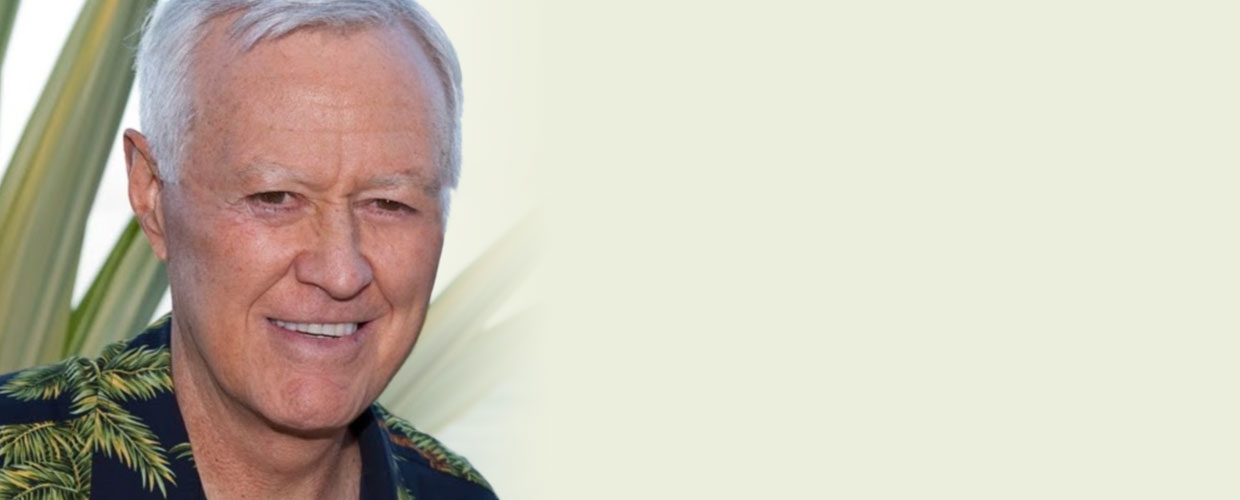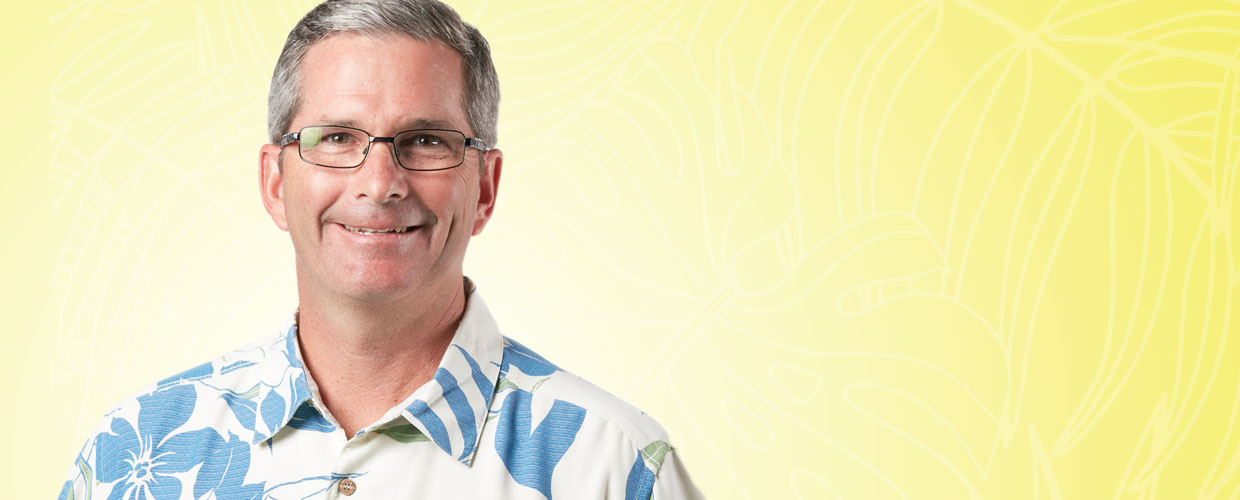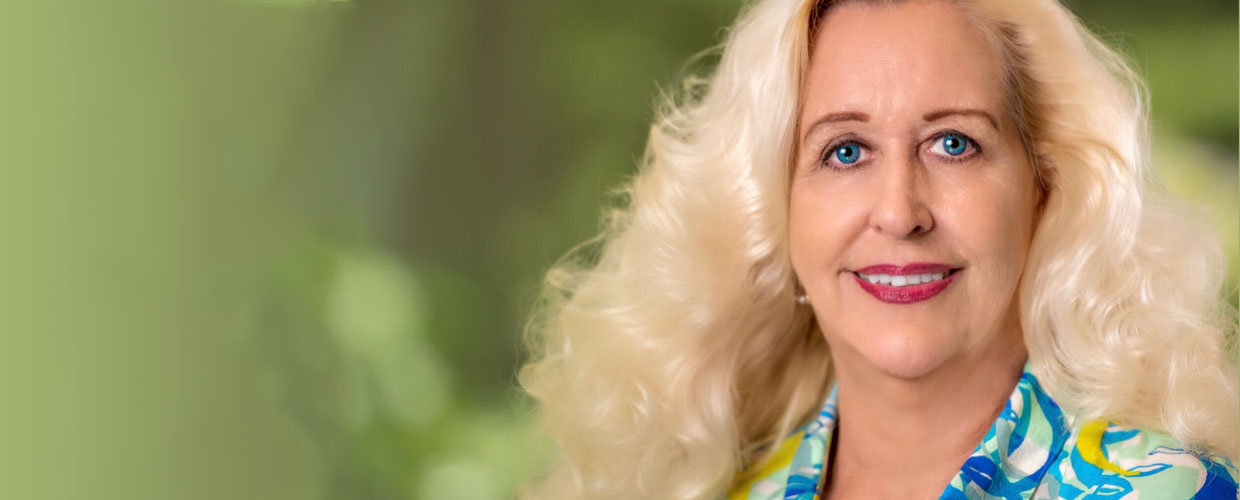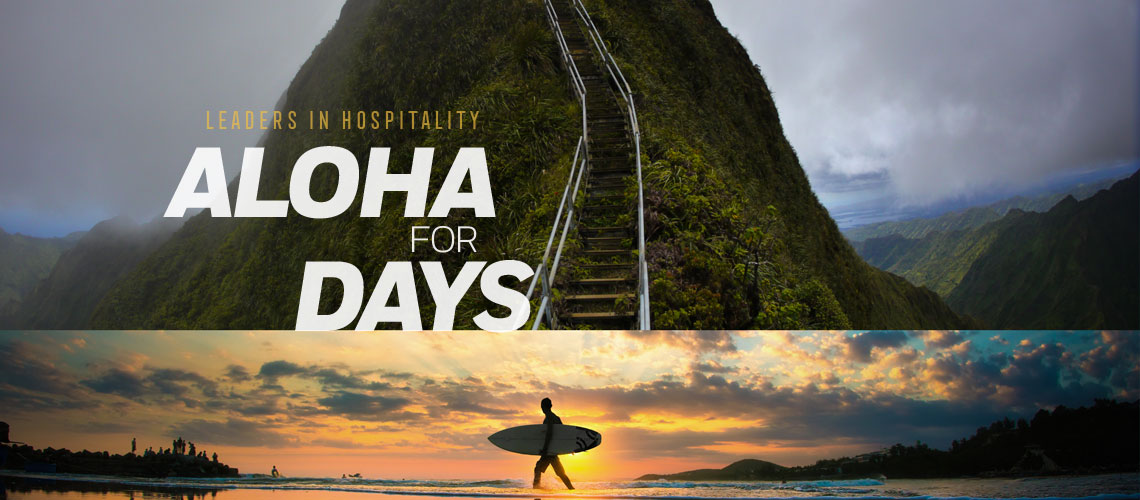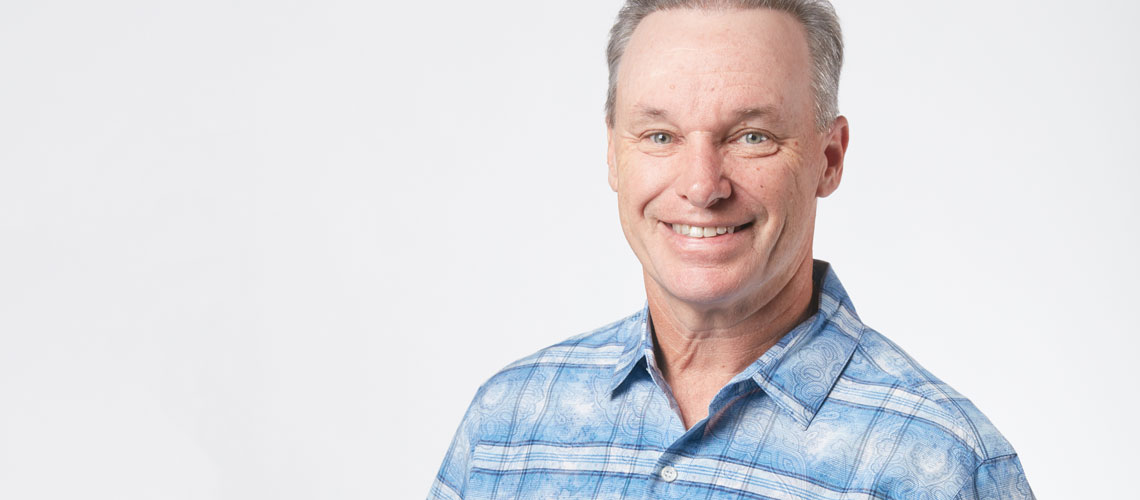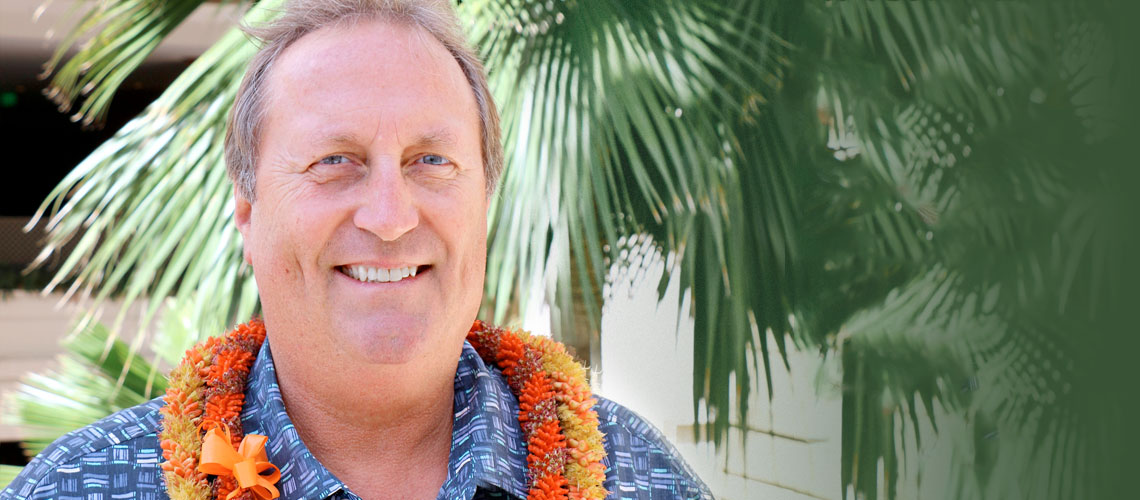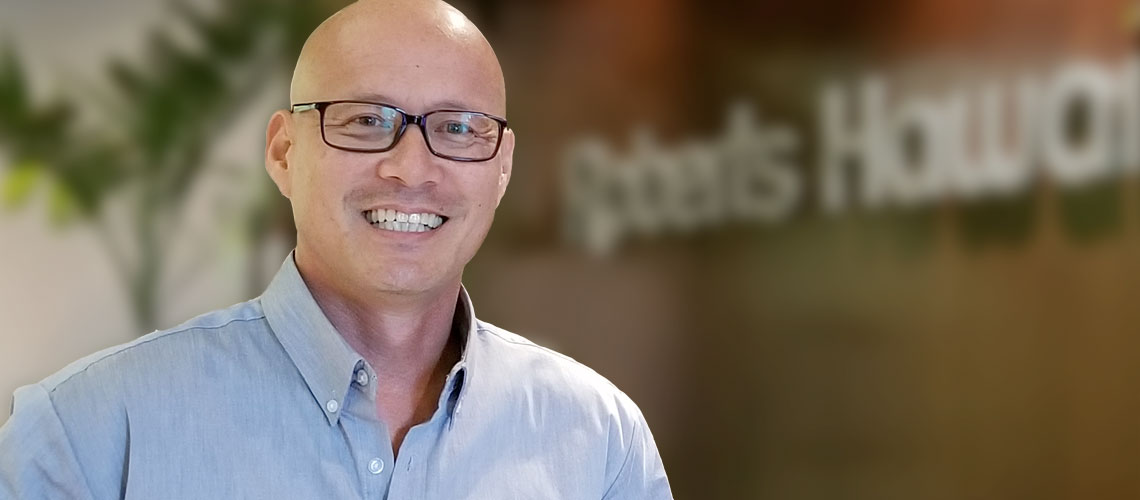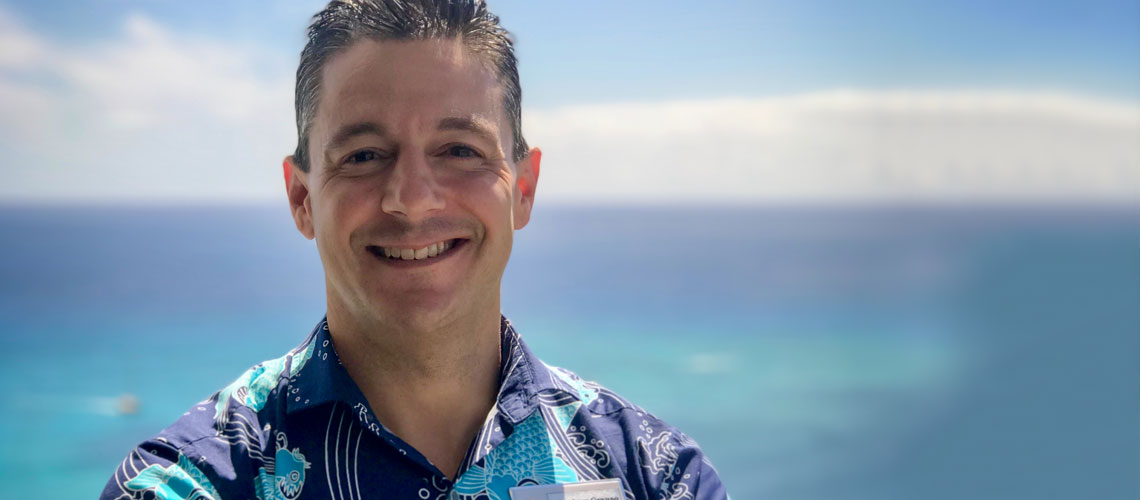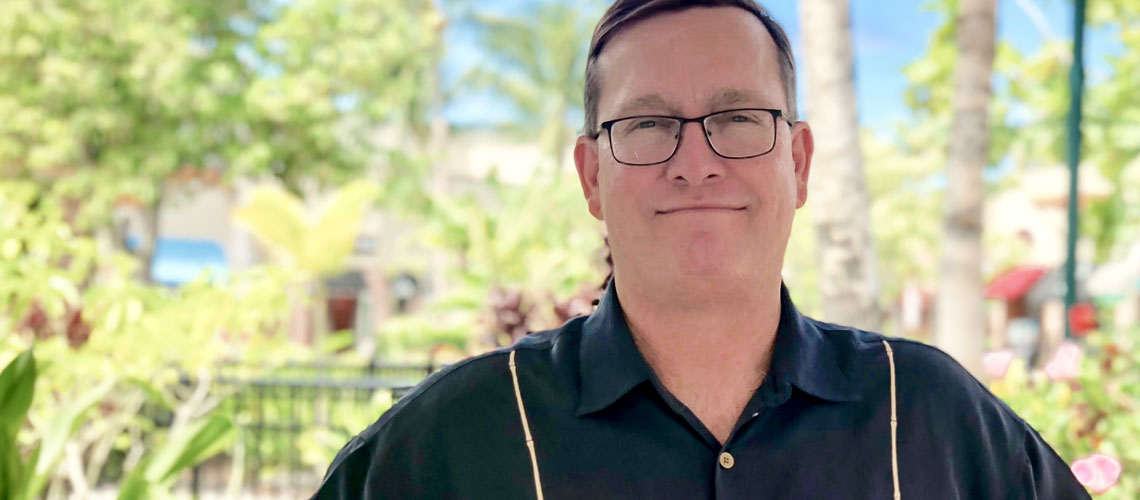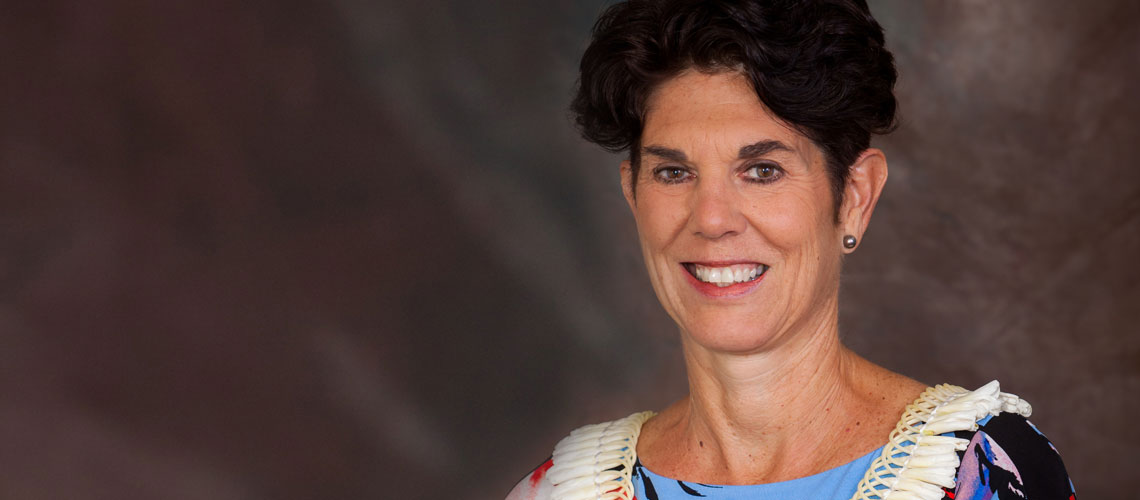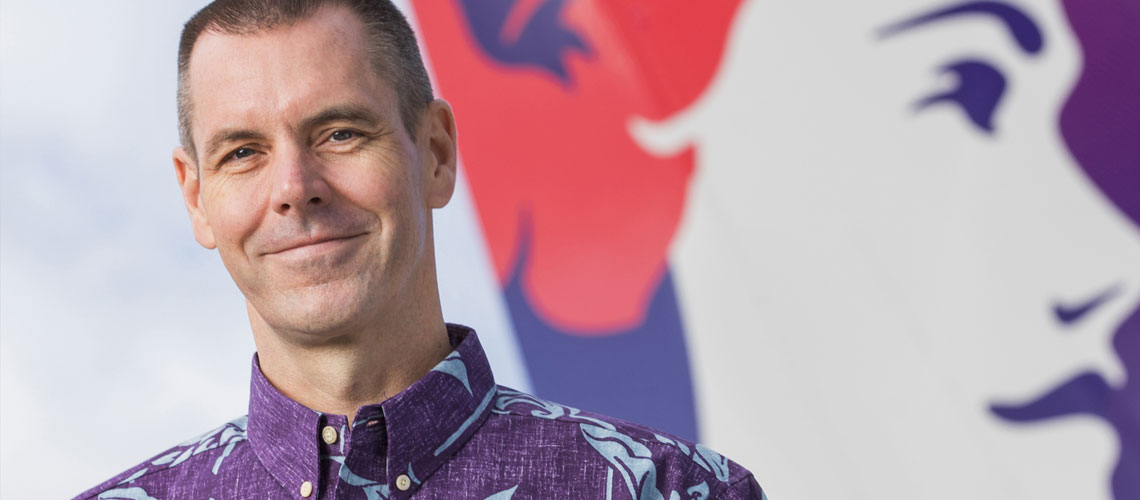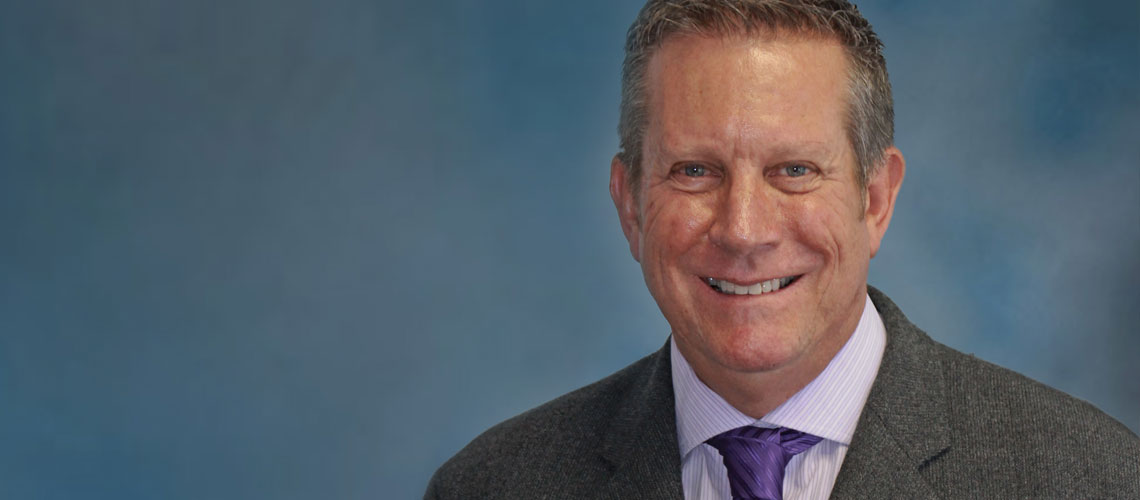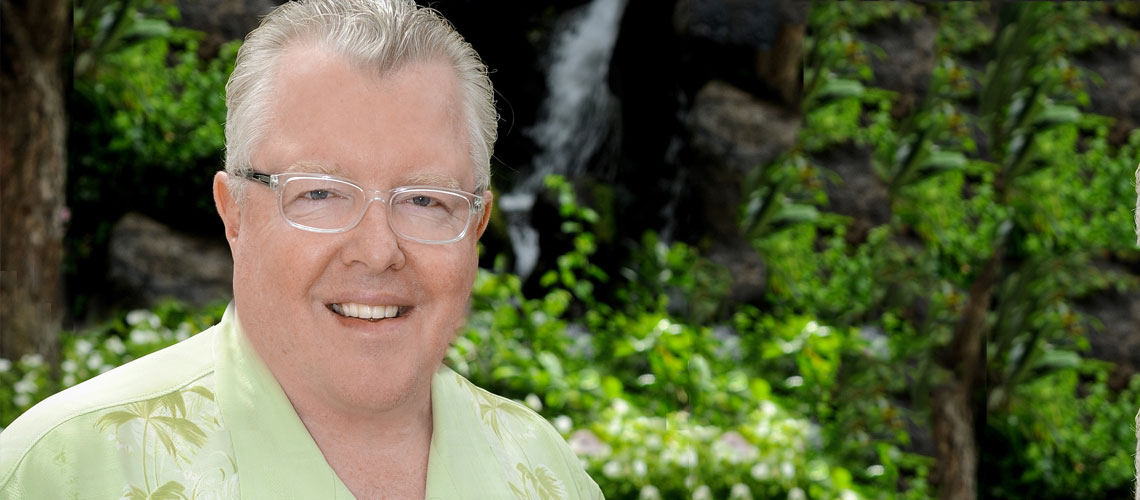How has Hawai‘i been faring on the world stage lately as a culinary destination?
Hawaii Regional Cuisine was created in 1991, and the goal was to let the world know about the exciting culinary landscape that was developing in the islands. HRC took off and had worldwide impact in putting a spotlight on chefs and the new culinary innovations happening in our islands.
However, after that initial launch, there was nothing else that followed to continue the excitement and to provide a platform for up-and-coming chefs and new cuisine being created in Hawai‘i. Hawai‘i Food & Wine Festival has been that platform.
What role does food play in the health of Hawai‘i’s tourism industry?
As we compete for visitors in the global marketplace, food will become a much more
important factor in a visitor’s overall decision-making. Today, we see big-name chefs such as Michael Mina, Wolfgang Puck, Nobu and Morimoto in the marketplace, and we also see hotels and resorts placing a greater focus on food. Visitors are becoming much more food savvy and want to travel to destinations that offer an array of food and dining options.
What is the festival’s target demographic? In what ways does the event cater to the changing values of the typical attendee?
The Hawai‘i Food & Wine Festival targets travelers who are interested in food but also in authentic, unique, quality experiences that you can only have in Hawai‘i. That said, the target demographic is generally well traveled, enjoys dining out and has ample disposable income. In the last couple of years, visitors have been willing to spend more days, as well as more money, in the islands.
Hawai‘i Food & Wine Festival caters to the changing values of the visitor by offering a world-class food and wine event that remains authentic in its execution. By asking all of our chefs to use local products in their dishes, we also showcase the bounty of our islands through food.
How has Hawai‘i been faring on the world stage lately as a culinary destination?
Hawaii Regional Cuisine was created in 1991, and the goal was to let the world know about the exciting culinary landscape that was developing in the islands. HRC took off and had worldwide impact in putting a spotlight on chefs and the new culinary innovations happening in our islands.
However, after that initial launch, there was nothing else that followed to continue the excitement and to provide a platform for up-and-coming chefs and new cuisine being created in Hawai‘i. Hawai‘i Food & Wine Festival has been that platform. Since its launch in 2011, it has really given Hawai‘i a boost as a culinary destination.
Moreover, I think we’ve really gained momentum with Hawaiian-themed and poke restaurants opening across the U.S. in the last few years.
We’ve also seen a rise in the number of James Beard Award nominations from Hawai‘i, as well as a few new names.
Why do you think food trucks have become so popular in recent years? Are they a fad or is the trend here to stay?
Food trucks really became popular in the U.S. a few years ago when Roy Choi, an accomplished chef, launched the Kogi BBQ Taco Truck that summoned thousands through Twitter. While the phenomenon seems new, food truck is just a fancy name for what we’ve had in Hawai‘i for generations—the lunch wagon. I believe the trend is here to stay because it’s a less expensive proposition for those wanting to start up a business in the food world. The popularity of Eat the Street and the new Makers & Tasters in Kaka‘ako is a testament that this trend will be here for a while.
How did your work with the Hawai‘i Agricultural Foundation lead to the launch of the Hawai‘i Food and Wine Festival?
The Hawai‘i Agricultural Foundation was originally the nonprofit educational entity of the Hawai‘i Farm Bureau.
A while ago Roy used to do a fundraising dinner called the Roy’s Dinner for the Farm Bureau. In its 10th year, Dean Okimoto [of Nalo Farms and the Hawai‘i Farm Bureau] and I were talking about the fundraiser, and Roy asked us to consider something bigger and more global that would have a major impact on Hawai‘i.
Over the next two years, I worked with the Farm Bureau to launch the first Hawai‘i Food & Wine Festival. The festival is now independent of the Farm Bureau, obtaining its own 501(c)(3) status in 2013.

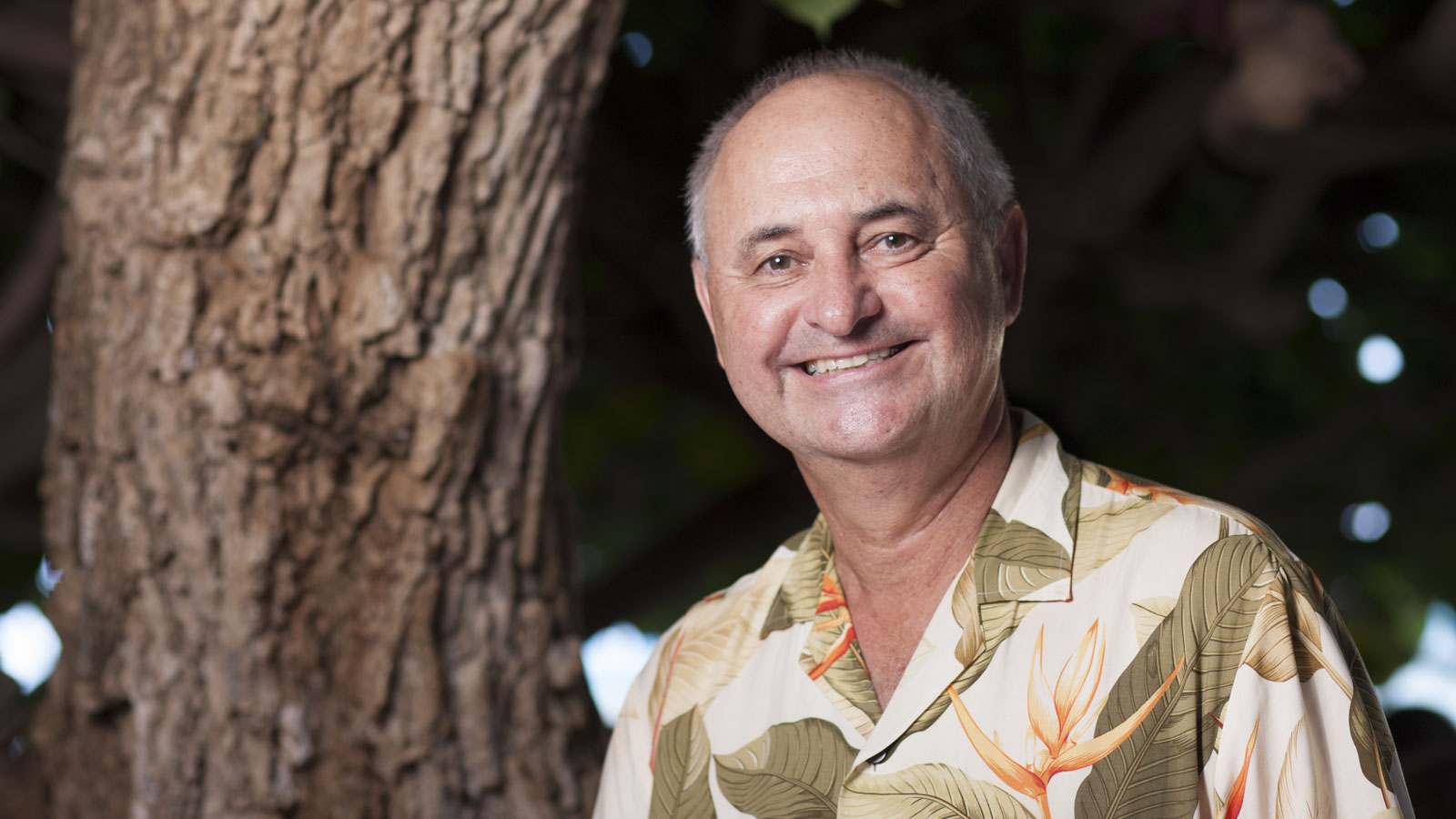 Executive Vice President & General ManagerThe New Otani Kaimana Beach Hotel
Executive Vice President & General ManagerThe New Otani Kaimana Beach Hotel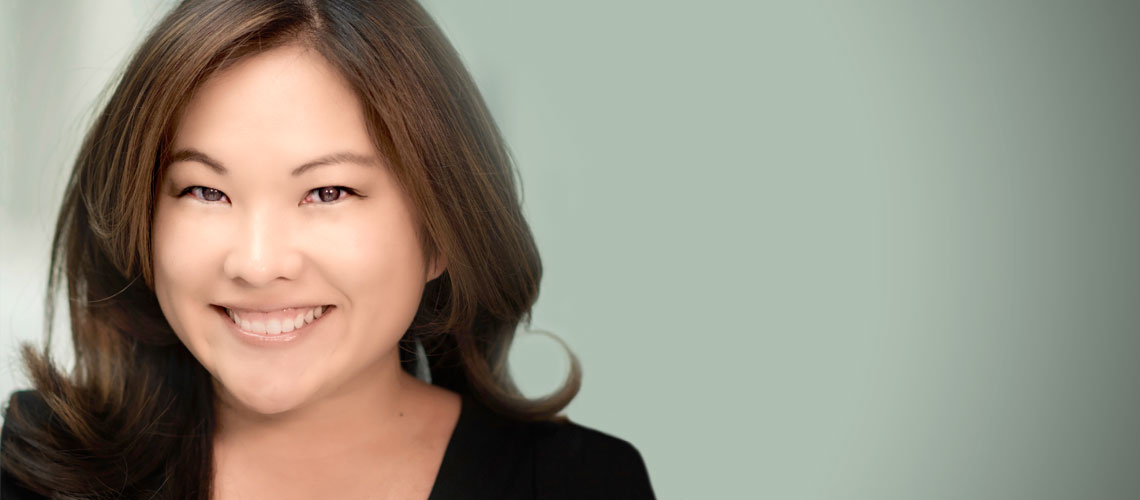 Senior Account Manager – Brand & MarketingMarriott International – Hawai‘i & French Polynesia
Senior Account Manager – Brand & MarketingMarriott International – Hawai‘i & French Polynesia

